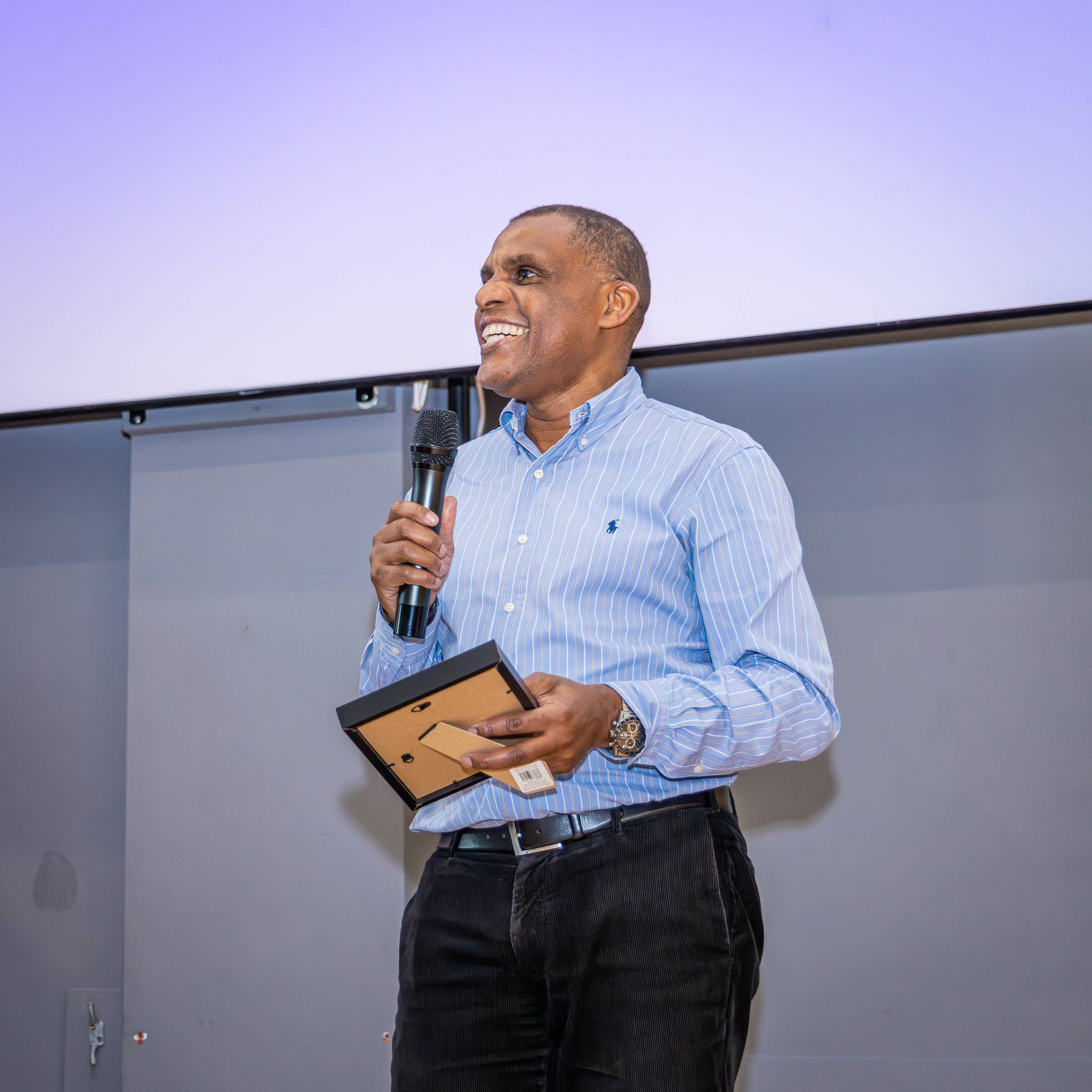Why Mental Health is No Longer a ‘Nice-to-Have’ in the Workplace
In recent years, mental health has become a key topic of conversation in the workplace, and in 2024, it’s more crucial than ever. If your organisation isn’t actively addressing employee mental health, it could fall behind—and the consequences can be severe.
Gone are the days when perks like gym memberships or office snacks were enough to improve morale. Today’s workforce is looking for real support in navigating the complexities of modern work life, particularly around mental health. The question is, is your company ready?
Mental Health in the Workplace: A New Normal
It’s no secret that mental health challenges are on the rise. According to the World Health Organization (WHO), anxiety and depression cost the global economy around £1 trillion each year due to lost productivity. In the UK, 70 million workdays are lost annually due to mental health issues like stress, anxiety, and depression, making it a top concern for businesses.
With hybrid working becoming the norm, employees juggle increased demands while facing isolation and blurred boundaries between work and home life. As a result, many are burning out, disengaging, and taking mental health-related absences at alarming rates.
This is where companies need to step up. The trend towards proactive mental health strategies isn’t just a feel-good initiative—it’s vital to retaining top talent and ensuring sustainable productivity. Research shows that engaged employees—those who feel supported and valued—are significantly more productive than disengaged employees.
2024 Mental Health Trends: What Your Business Needs to Know
1. Mental Health Support is Now a Legal Requirement for Remote Work
With the new Labour government in the UK making significant changes to employment law, companies are now required to offer working from home as an option where feasible. This move aims to support work-life balance and employee wellbeing, addressing the growing mental health challenges associated with long commutes and rigid office hours.
However, remote work can create unique mental health challenges. Maintaining work-life boundaries can make employees feel disconnected, isolated, and overwhelmed. Companies must comply with these new regulations and provide meaningful mental health support for their hybrid and remote teams.
What you can do:
- Offer virtual wellness programmes such as mindfulness workshops and meditation sessions.
- Schedule regular one-on-one check-ins with remote workers to ensure they feel supported.
- Foster team-building through virtual coffee breaks and social activities.
2. The Importance of Mental Health First Aid and Ongoing Support
In 2024, it’s no longer enough to be aware of mental health issues—you need trained personnel who can provide immediate, practical support. Mental Health First Aiders (MHFA) are trained to recognise early signs of distress and offer support before issues escalate.
Companies must go beyond just having mental health first aiders. Ongoing support networks can help ensure mental health strategies are sustainable and continually evolving to meet new challenges. For instance, I co-facilitate an online support network called ‘The Exchange’ with my colleague Amanda Anderson. This community provides a safe and collaborative space for MHFA, HR Business Partners, and those responsible for employee welfare to share best practices, insights, and strategies for long-term mental health support.
What you can do:
- Train managers and team leaders in Mental Health First Aid.
- Establish ongoing mental health networks like ‘The Exchange’ to foster collaboration and ensure sustainable mental health strategies.
- Create mental health first aid kits with practical resources such as contact information for mental health professionals, relaxation techniques, and mindfulness exercises.
3. Embedding Mental Health into the Hiring Process
When hiring new employees, the focus is often on qualifications, experience, and cultural fit. But what if part of the process included a focus on mental health? Employers can set the tone early on by asking candidates how they manage stress or what kind of support they need to stay mentally healthy, signalling that mental wellbeing is a priority in the organisation.
Embedding mental health into recruitment can help ensure that new hires feel supported from day one, leading to a more engaged and resilient workforce.
What you can do:
- Include mental health-related questions in your hiring process, such as asking candidates about their approach to managing work-related stress.
- Ensure new employees know your company’s mental health resources during onboarding.
- Pair new hires with a mentor to support them through the adjustment period.
4. Employees Expect More Than a Pay Packet
Today’s workforce expects more from their employer than just a paycheck. Employees want to know that their company cares about their mental wellbeing and that managers are trained to support them. Employers who fail to meet these expectations risk losing talent to competitors who provide a more supportive work environment.
Investing in mental health resources—such as resilience training for managers, mental health workshops, and clear mental health policies—will boost retention and improve employee morale.
What you can do:
- Regularly offer resilience training and mental health workshops to your leadership team.
- By clearly communicating your company’s policies and resources, you can ensure that employees feel confident that their mental health is a priority.
- Encourage open, regular conversations about mental health at all levels of the organisation.
A Real-World Success Story: Supporting Synetiq, Hull University, and Bonhams Auctioneers
Over the past year, I’ve worked closely with organisations such as Synetiq, Hull University, and Bonhams Auctioneers, delivering tailored Mental Health First Aid (MHFA) training to empower their staff with the skills to recognise and support mental health needs. Each organisation had unique challenges, but the focus remained on equipping teams to address mental health issues and build resilience.
At Hull University, in addition to MHFA training, we delivered specialised sessions on Suicide Awareness and The Road to Resilience, offering a more comprehensive understanding of managing stress, preventing burnout, and supporting colleagues in crisis. These sessions gave the university staff practical tools and the confidence to handle sensitive situations empathetically.
Similarly, at Synetiq and Bonhams Auctioneers, we focused on Mental Health First Aid. Employees and managers were trained to spot early signs of mental distress and how to respond effectively. The training fostered open discussions about mental health, creating a workplace culture where people felt comfortable seeking help and supporting one another.
Participants from our programmes have shared their thoughts:
- “I recommend this course. Mike is a great teacher. His experience and knowledge provided much-needed insight. I feel confident in understanding mental health issues.”
- “Mike made an uncomfortable subject approachable. He is a supportive and knowledgeable instructor.”
- “A fantastic learning opportunity, and I really felt the course was detailed but also had good elements of practical learning. Yes, it was difficult at times, but talking about such subjects is never easy. Thank you to Mike for his patience and very supportive approach. I asked some difficult questions, and he always researched the answer and replied either after a break or the following day.”
In addition, I co-facilitate ‘The Exchange’, an online support network with my colleague Amanda Anderson. The Exchange brings together Mental Health First Aiders (MHFA), HR Business Partners, Advisors, and employee wellbeing leaders. This community provides a safe space to share best practices, collaborate on mental health initiatives, and discuss workplace challenges and successes. It’s a valuable resource for ensuring that mental health support is sustainable and effective across organisations.
World Mental Health Day: A Time for Reflection and Action
As World Mental Health Day approaches on 10th October, it’s the perfect opportunity for businesses to take stock of their mental health strategies. This year’s theme focuses on creating a world where mental health is a universal human right. It’s a reminder that mental health support isn’t a luxury—it’s an essential aspect of any thriving workplace.
Whether you’re planning a mental health awareness event, offering additional training, or simply opening up conversations about mental wellbeing, World Mental Health Day is a great chance to show your employees that their mental health matters. If your organisation wants to strengthen its mental health initiatives, now is the time to act.
Are You Ready for the Future of Workplace Mental Health?
As World Mental Health Day approaches, now is the perfect time to invest in your team’s wellbeing. I’m offering an online Mental Health First Aid course from November 26th to 27th, from 9 AM to 5 PM each day. This two-day course will equip your team with the tools and knowledge to effectively support mental health in the workplace.
Spaces are limited, so don’t miss out—secure your place today by emailing hello@mikelawrence.co.uk. If you’re looking for in-house training for a larger group of employees or prefer in-person sessions, reach out to discuss customised solutions for your organisation.
Take action now to ensure your team is prepared to handle mental health challenges confidently. Email hello@mikelawrence.co.uk for more information.
Mike Lawrence: Your Guide to Health & Wellbeing
I’m Mike Lawrence, a passionate advocate for mental health and wellbeing. After overcoming significant health challenges, including brain surgery, I’ve dedicated myself to a journey of self-improvement and helping others thrive. From heart-pounding skydives for charity to soul-enriching travels in Thailand, my experiences have shaped my approach to holistic health.
I love sharing the lessons I’ve learned from these adventures and from the powerful audiobooks I devour. Let’s explore the paths to better mental and physical health together. Embrace life’s adventures with enthusiasm and resilience, and remember—you’re never alone on this journey!
Feel free to reach out via email at hello@mikelawrence.co.uk or connect with me on LinkedIn. For more in-depth insights and inspiring stories, read my latest blogs here. Together, let’s create a healthier, happier future!





